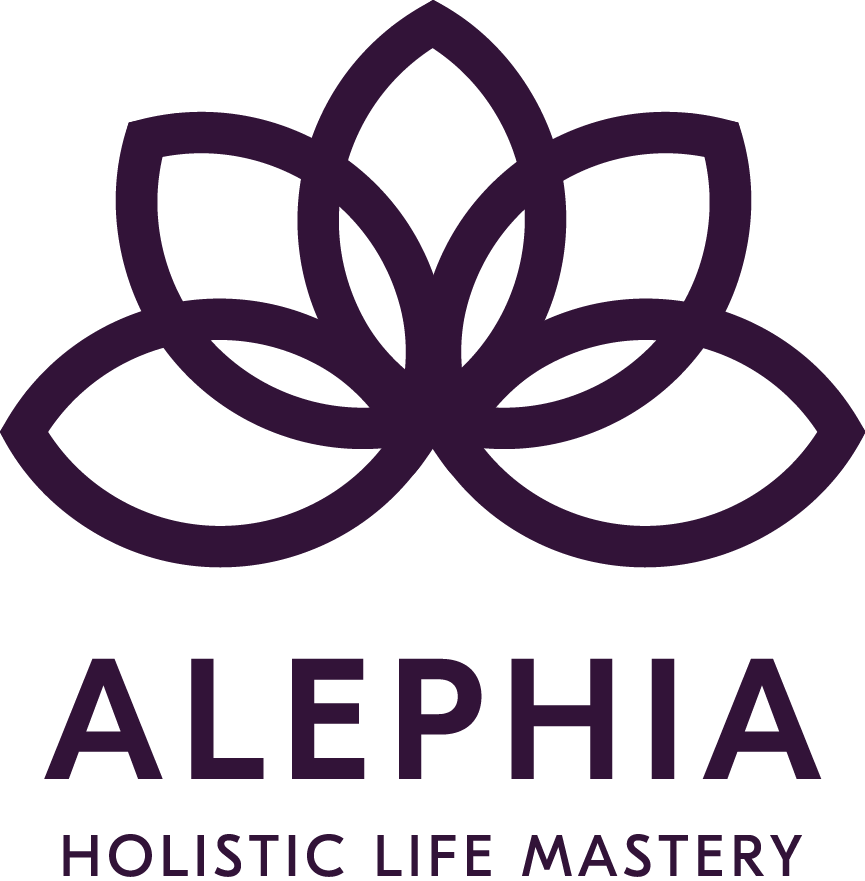Packaged Foods - are we really judging them the way we are suppose to?
Our supermarkets are full of processed foods. Most of it isn’t really food. The health food section is really filled with processed foods thought to be healthy. I often wonder what they should really be describing the rest of the supermarket if all the ‘healthy’ food is in the health food isle.
I tend to stay away from packaged foods unless the ingredients are whole and organic. This is often hard to find! Even if the food is Certified Organic, I still check the ingredients as you never know what the product may be made of, or if they have used some additives to improve the function of the product or to make it have a longer shelf life. Sometimes, products which are not certified organic have better ingredients that those certified organic so it is definitely worthwhile checking.
I have worked in the food industry for over 25 years, developing, researching and evaluating food products. So many products are called ‘food’ but have very little nutritional benefit. Foods can be modified so that they look ‘good’ in the nutritional panel but are made up of many additives and processed inflammatory ingredients.
How do we choose ‘healthy’ foods?
We have become so used to judging food based on its nutritional profile, i.e. how much calories a food has, or how much protein, fat, sugar, carbs, sodium is in it. But is this really the best way to judge a food?
Have we reduced a food down to its nutritional values and forgotten what the food product is actually made from?
When looking at a packaged food, do you recognise the names of the ingredients or is it a chemical s&^T storm?
Even though some foods may be called 'organic', are they certified organic?
Are the ingredients from whole organic foods? or does it only have the word 'organic' on it but there are no organic ingredients or only a few?
Do you recognise the names of the ingredients or are there still lots of additives in the product?
What about asking where the ingredients are sourced from, how the product is made, how much processing has gone into a product, what the shelf life of the product is?
In my opinion, we have been doing this all wrong. We should be judging and selecting foods to eat based on their ingredients and not on their nutritional panel.
It amazes me how food products can be made with so called 'ingredients' and additives and they are being passed off as 'food'. But our ancestors would never have eaten these foods. Our ancestors ate whole foods and none of this processed kind. Our grandparents and great-grandparents would probably be amazed with all of the products being called 'food' nowadays.
Food Regulations in Australia
Food Standards Australia New Zealand (FSANZ) develops the Food Standards which includes the limits for food additives - some have a numerical limit and others are used at GMP levels (Good Manufacturing Practice). GMP levels means that manufacturer's can add the additive to a general manufacturing processing level to achieve the desired effect.....but how much exactly can be used in the product? well this is up to the manufacturer!!
FSANZ reviews the 'safety' of the additives but have they ever looked at how the additives interact with one another in our bodies? Have they looked at how it affects our gut microbiome? This is a big question and affects all of us. FSANZ reviews the safety of an additive on its own but not how it affects our bodies when they are used in combination, nor how it affects our gut microbiome.
So many additives have numerous health effects. They affect concentration, gut , skin, liver, hormones….. All of these additives should be avoided and it is so hard to do that when you eat processed foods.
What to look for when shopping…
So next time you are shopping at the grocery store and pick up a packaged food, ask yourself the following questions:
What are the ingredients?
Do you recognise the names of the ingredients?
Are there any additives either in the form of E numbers or have they used the actual names of the additives in the product to make it seem 'OK' to eat?
What is the shelf life of the product? A longer shelf life is indicative of more additives added to make it last longer because whole fresh foods don't tend to last very long.
Is it Certified Organic? How does this product compare to similiar products?
Can I make this myself and would it taste a million times better?
If you were to make the product from scratch, what ingredients would you use? How hard would it be to do this? Often I find myself in the supermarket looking at packaged foods but not being able to buy any of them......so I end up going home and making the food from scratch made with whole organic ingredients. This doesn't have to be hard - there are heaps of recipes on the internet that are accessible to all. And I find it tastes 100% better as it is made with love too!
As the saying goes...'if your grandmother wouldn't recognise the ingredients then it is probably best you stay away for these foods'.
Let me know what you think in the comments below!!

